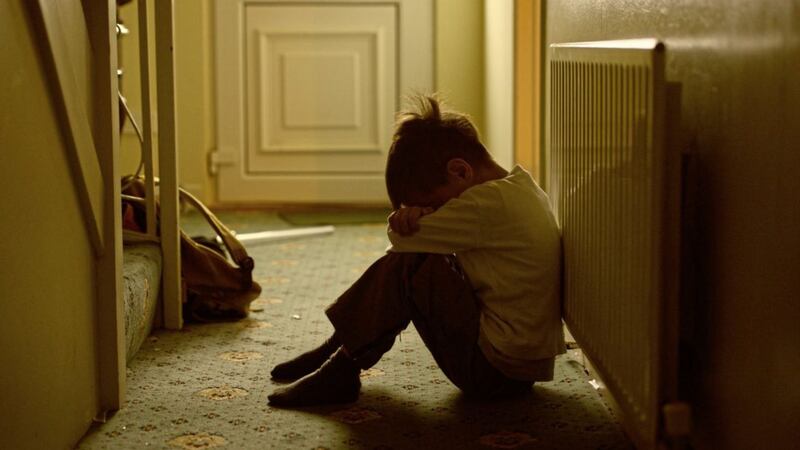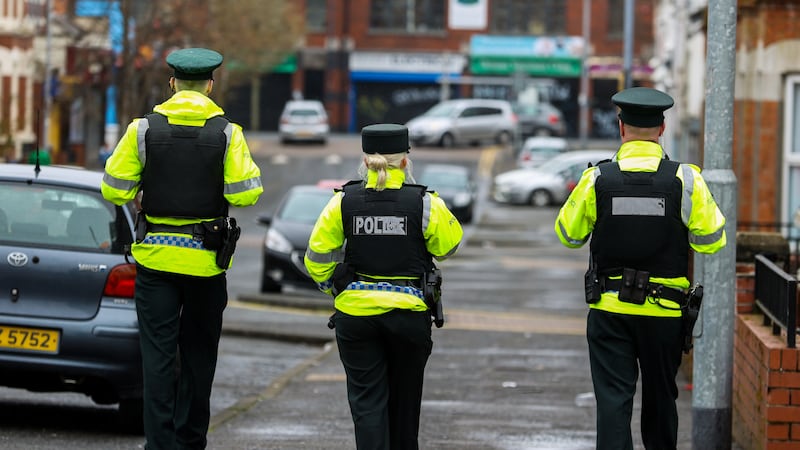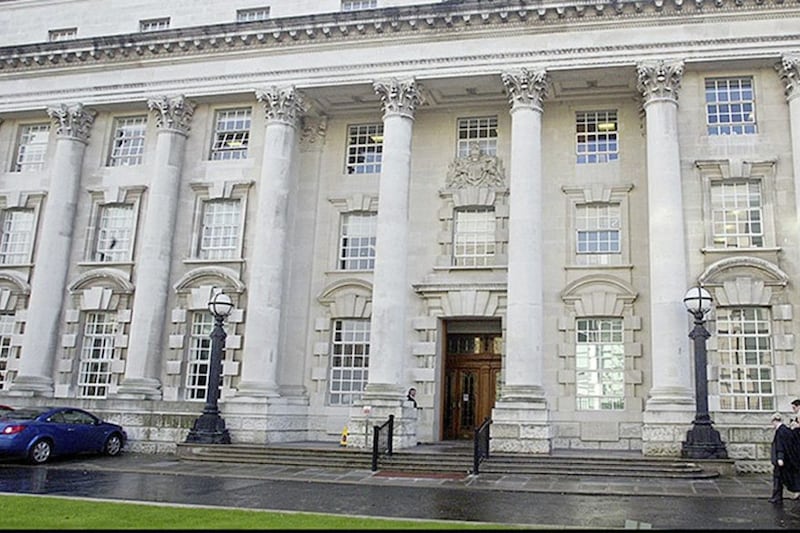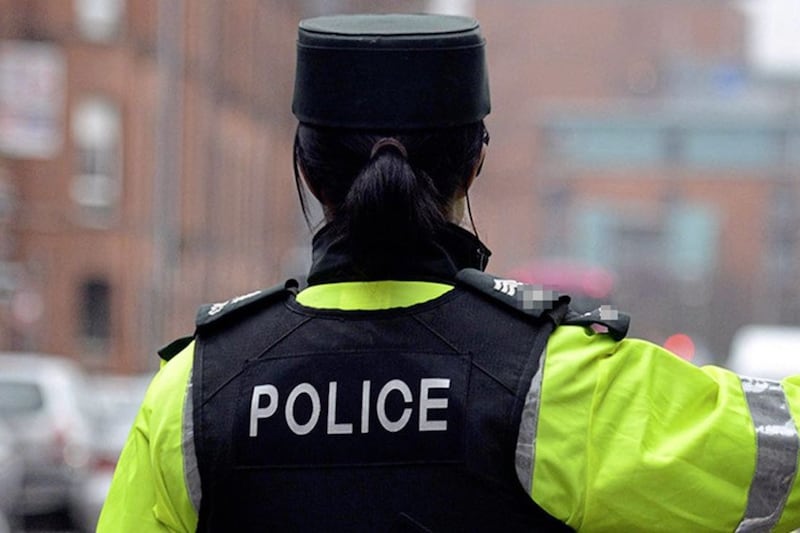CHILDREN identified as being at high risk of sexual exploitation were not recorded on the PSNI computer system - leading to `serious consequences for their safety', a watchdog has found.
Criminal Justice Inspection Northern Ireland (CJI) has published a report raising grave concerns about "the effectiveness of current arrangements in place to protect children".
It highlights "a lack of clear leadership" around tackling child sexual exploitation and identifies "concerning gaps in the operational practice of the police with the risk of serious consequences for the safety of the children involved".
The report stresses victims must be "supported (and) believed", and cites one as telling inspectors they felt expected to "be the fix".
"Victims need to see the criminal justice system is focused on the perpetrators' conduct rather than their behaviour," Chief Inspector Jacqui Durkin said.
She warned the authorities "still do not have a clear picture of the scale and nature of child sexual exploitation occurring in our community".
"Child sexual exploitation is happening here in our towns, cities and rural communities. It is an uncomfortable truth and a reality that we must deal with," she said, adding child abuse can involve children living with their parents "just as much as those who are in care, or have been in care".
Inspectors recommend the PSNI develop a `problem profile' for child sexual exploitation with the Department of Justice and include information from health, social services, education and other partners.
Profiles would "improve understanding of the risks to children from those people who seek to sexually exploit them, and enhance knowledge about what is required to effectively disrupt perpetrators and protect children".
Ms Durkin said a cross-departmental action plan should be established "within the next six months" bringing all parts of the criminal justice and health system together, providing "clear leadership" and ensuring "good frontline practice".
She said inspectors found "gaps in operational police practice", despite "many police officers, prosecutors and other professionals working within the criminal justice system who were dedicated and tireless in their efforts to help children at risk of child sexual exploitation".
"We found examples where information and intelligence linked to children identified as being at high risk of sexual exploitation, had not been recorded on the police system leaving frontline police officers unaware of the wider risks that existed."
Inspectors identified "inconsistencies in the approach of the PSNI's five Public Protection Units when dealing with child sexual exploitation", which they blamed on a lack of resources and the level of supervision applied.
She said it was "no always apparent" from the sample of case files reviewed what actions had been taken "to safeguard children and disrupt suspects".
Ms Durkin said the issue has been brought to the PSNI's attention and work is "already underway... to address these gaps in operational practice".
However, she said "frontline police officers need to be supported to develop greater professional curiosity so they look beyond a child’s immediate behaviour, such as going missing or suspected offending, to find out what is really going on and identify children at risk of or experiencing sexual exploitation".
And prosecutors need support "to show how issues such as exploitation and grooming are taken into account as part of their decision making when dealing with children who are suspected of committing offences".
She called for "every effort" to be made to support victims of child sexual exploitation and abuse, disrupt perpetrators and secure convictions.








